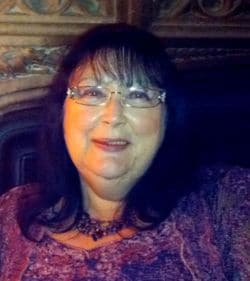Dyslexia Early Screening Test - Second Edition
DEST-2- The Dyslexia Early Screening Test - Second Edition (DEST-2) evaluates whether a young child is experiencing difficulty in areas known to be affected in dyslexia.
Overview
- Publication date:
- 2004
- Qualification level:
- A
Ordering
Product notice
Effective immediately, the DST, DEST, and DAST assessments are now published by the Authors.
For purchases of DST, DEST, or DAST kits, manuals, forms, and any related physical materials for scoring these assessments, please contact the Authors directly at Rod Nicolson.
Thank you for your understanding and continued support. If you have any questions or need further assistance, please don’t hesitate to reach out.
Product Details
Benefits
FeaturesThe DEST-2 replaces the bestselling Dyslexia Early Screening Test (DEST) and includes two additional subtests, clinical research data, a new 'at risk' category and scoring software. The DEST-2 consists of 12 subtests:
|
Resources
Quick questions:
Angela is co-author of the Dyslexia Screening Test - Junior (DST-J), Dyslexia Screening Test - Secondary (DST-S), Dyslexia Early Screening Test - Second Edition (DEST-2), Dyslexia Adult Screening Test (DAST) and the Pre-School Screening Test (PREST). |

